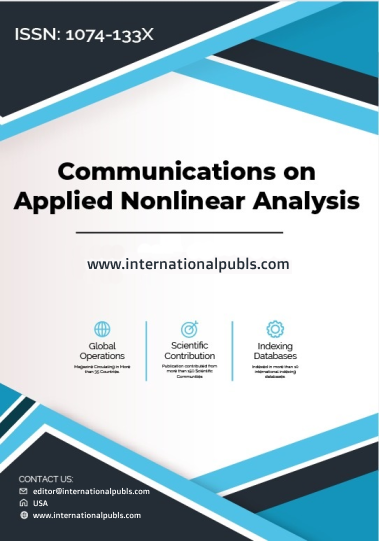Collaboration Between Private Universities and the Government in Advancing Human Resources Based on the "Spirit of Maubereism" in Timor-Leste
Main Article Content
Abstract
This study examines the collaboration between the government and private universities in advancing human resource development (HRD) in Timor-Leste, grounded in the spirit of Maubereism. The study's background highlights Timor-Leste's challenges in HRD, as evidenced by its relatively low Human Development Index (HDI) compared to other ASEAN countries. Collaboration between the government and private universities is viewed as a pivotal strategy to address these challenges.
Employing a qualitative approach and case study method, the research aims to analyze the collaboration processes, identify enabling and constraining factors, and develop an effective collaboration model. The research adoPU the collaborative governance framework proposed by Ansell and Gash (2007), encompassing four dimensions: initial conditions, collaborative process, facilitative leadership, and institutional design. This theoretical framework is integrated with the concept of Maubereism, which emphasizes local wisdom values such as the spirit of struggle, solidarity, and communal cooperation.
The findings reveal that the collaboration between the government and private universities in Timor-Leste has led to several innovative HRD programs. Key enabling factors include stakeholder commitment, supportive legal frameworks, and heightened awareness of HRD's importance. Conversely, challenges include limited resources, weak coordination, and differing priorities between the government and private universities. Based on these findings, this study proposes a Maubereism-based collaboration model integrated with the Ansell and Gash framework. The proposed model underscores the importance of incorporating local values at each stage of the collaboration process. The model's key elements include; (1) Strengthening initial conditions through trust-building and a shared understanding of Maubereism values. (2) A collaborative process emphasizing inclusive dialogue and consensus-based decision-making. (3) Facilitative leadership that prioritizes solidarity and communal cooperation. (4) Institutional design accommodating both traditional and modern structures.
This study contributes to the development of collaborative governance theory by integrating perspectives of local wisdom. Practically, the proposed model offers guidance for the government and private universities in Timor-Leste to design and implement more effective and sustainable HRD programs.
